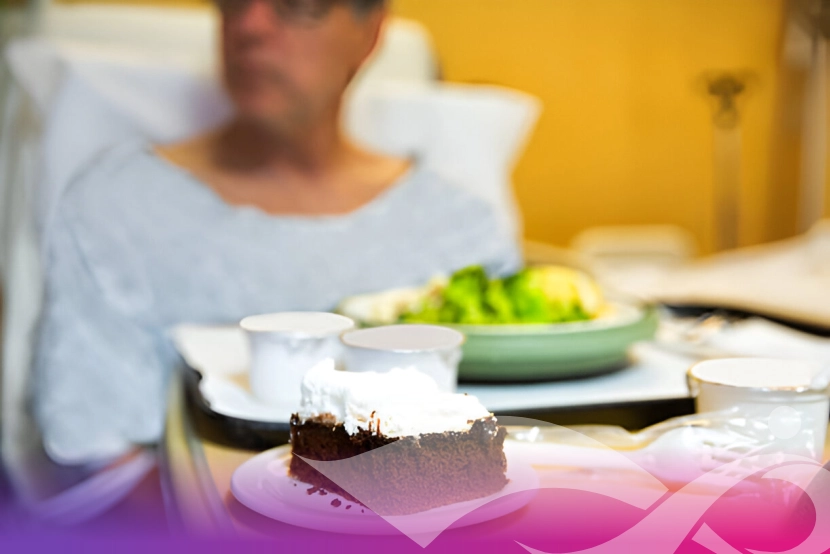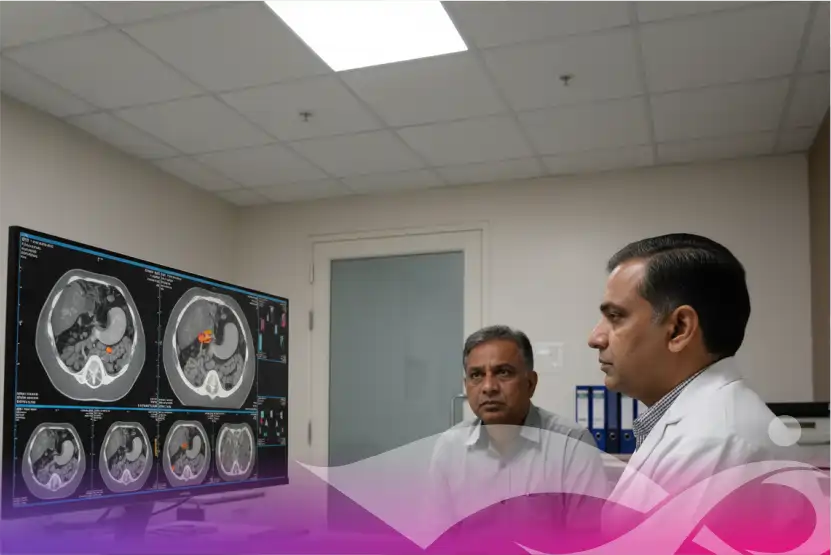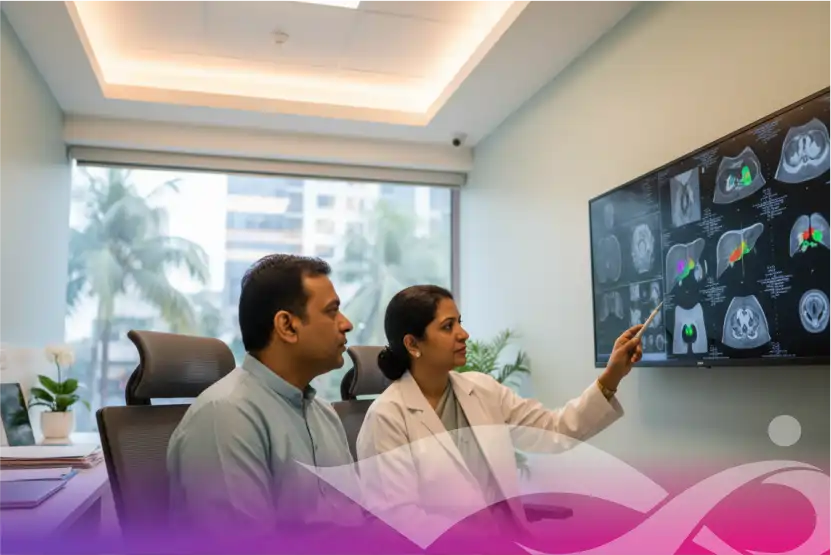Within the large and occasionally confusing field of cancer knowledge, myths and misunderstandings abound. Regarding sugar, one of the most tenacious and anxiety-inducing myths is that it "feeds" cancer and that complete avoidance of it will starve the disease. Separating facts from fiction is crucial even if the relationship between sugar, diet, and cancer is complex. At IOCI, we consider providing our patients evidence-based knowledge to enable them on their cancer road map.
The starting point of the myth: An Interpretive Kernel of Truth Twisted
A fundamental scientific fact: all cells—including cancer cells—use glucose, a type of sugar—helps to establish the belief that sugar feeds cancer. Fast dividing cancer cells sometimes consume more glucose than healthy ones. This discovery has some people believing that cutting all sugar could starve cancer cells, so stopping the disease.
Though this is a great oversimplification. Here's the rationale:
Every Cell Calls Glucose: Every cell in your body—including those in your brain, muscles, and healthy tissues—is essentially run by glucose. Your body can generate glucose from other sources including proteins and lipids even if you cut sugar from your diet. Eliminating dietary sugar totally will thus not "starve" cancer cells without also starving your healthy cells.
complicated metabolism: Cancer metabolism is rather complex. While some tumours are "sugar-hungry," other elements and genetic changes drive their development instead of only dietary sugar's availability.
Sugar: All Around Us Many healthful foods include dairy products, fruits, and vegetables; these naturally contain sugars. Cutting all sugar would mean drastically cutting your intake of these nutrient-dense foods, which are vital for general health especially during cancer treatment and recovery.
The real connection is Sugar, metabolic diseases, and cancer risk
Although dietary sugar may not directly "feed" individual cancer cells in the simplistic sense the myth claims, there is a real and significant relationship between overall diet, cancer risk, and too high sugar intake. Usually, this relationship is mediated via:
- Obesity: Diets high in added sugars feed weight gain and obesity. Among at least 13 different types of cancer, including kidney, colon, esophageal, and breast tumours, obesity is a main risk factor. Adipose (fat) tissue's produced hormones and inflammatory molecules can aggravate the growth of cancer.
- Inflammation and Insulin Resistance: Both of which help cancer development and spread are thought to be caused by rising insulin levels and chronic inflammation brought on by high consumption of processed carbohydrates and refined sugars.
Therefore, the focus is on the long-term consequences of a diet high in added sugars contributing to diseases like obesity and inflammation, which raise general cancer risk and can complicate the treatment of common types of cancer in India, not on sugar directly feeding existing cancer cells in your body in real time..
Foods to Eat (and Avoid) for Prevention of Cancer and General Wellness
Adopting a balanced, whole-food diet is a more sensible and evidence-based approach for both cancer prevention and helping recovery than concentrating on eradicating all sugar. This conforms with common recommendations for cancer prevention tips:
- Cut added sugars. Cut back on desserts, candy, sweet drinks, and processed foods.
- Emphasise Whole Foods: Stress fruit, vegetables, whole grains, lean proteins, and smart fats. Among these foods are essential minerals, vitamins, fibre, and antioxidants bolstering immune system and general health.
- Keep a good weight; One of the most effective ways to lower cancer risk is keeping a healthy weight. This is a crucial aspect of How to reduce cancer risk naturally.
- Frequent physical exercise also reduces inflammation and helps to maintain weight under control.
Our IOCI cancer nutritionists provide individualised scientific evidence-based dietary counselling. By helping patients to understand the actual function of nutrition in cancer, we enable them to make wise food decisions that support their health, well-being, and recovery without caving in to false beliefs.
Consult us at any of our locations—across IOCI Noida, Greater Noida, Mumbai, Indore, Aurangabad, Agartala, Saharanpur, Kanpur and Jodhpur.












